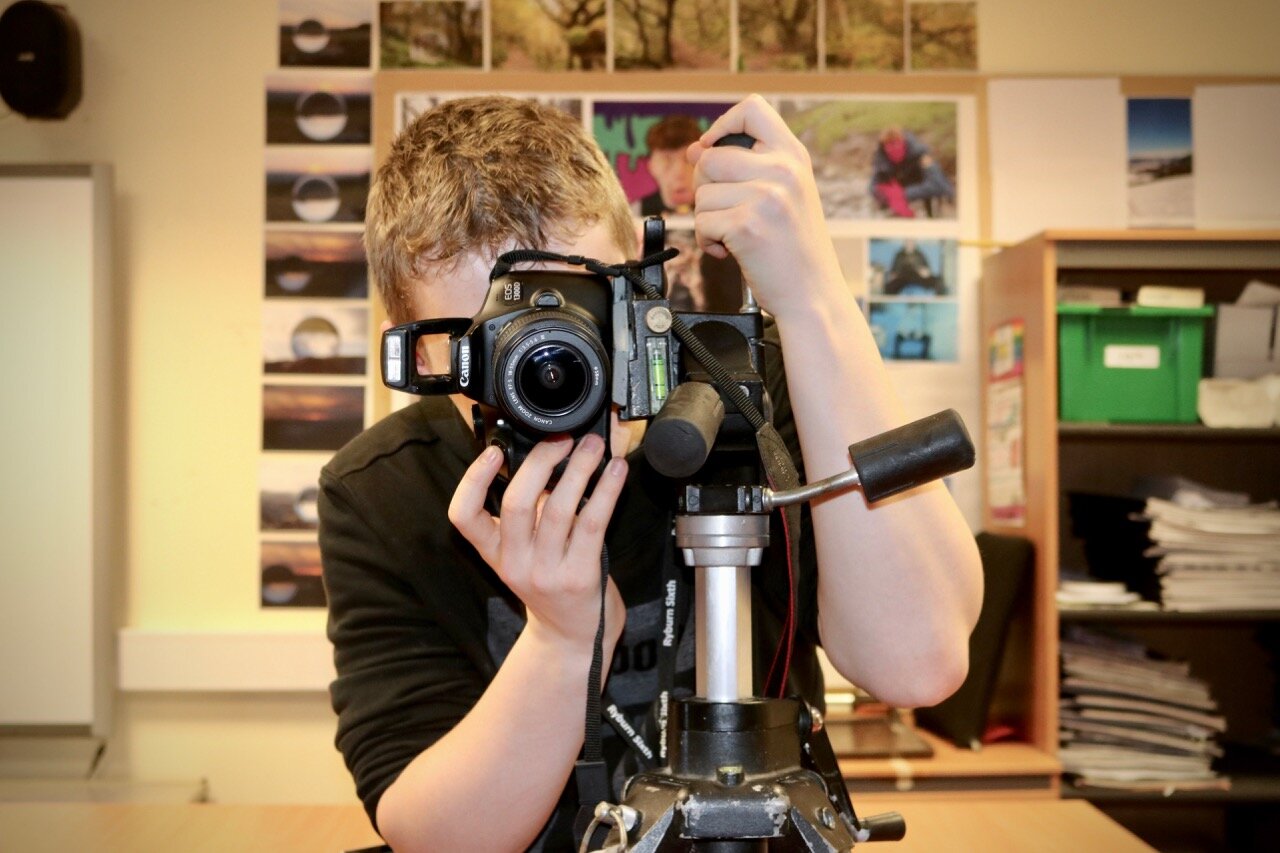Taking a GCSE in Drama is perfect for those with a passion for performing. It also develops many key stills for life including confidence and self-expression.
Course outline
Students work to develop an understanding of dramatic form and styles through practical exploration of influential practitioners, including Stanislavsky and Brecht. They develop their knowledge of dramatic skills including imagination, performance techniques, script analysis and creative solutions to enable students to complete three components; devising a highly sophisticated original piece of drama, performing a section of a published script in small groups and using their knowledge and understanding of dramatic form in relation to a set text and a live theatre performance.
A willingness to experiment in practical performance through class workshops is required for this course. Motivation, commitment and being open to new ideas are essential. This drama course teaches students that success comes to those who are highly committed to the task at hand and are willing to work collaboratively with others.
Watch our advert #Daretobedifferent
Please note: Drama cannot be studied alongside dance
Assessment method
| Unit | % of Final Grade | Type of Assessment | Additional Details |
|---|---|---|---|
| 1 | 40% | Internal | Devised performance – externally moderated – performance of 5 – 20 minutes, report of approximately 1500 words |
| 2 | 20% | Exam | Text in performance, script based work – students work in designated groups to produce and perform a well-known play |
| 3 | 40% | Exam | Exam on set text, evaluation of performance from a text |
The future
The Drama GCSE is excellent preparation for A-level Performing Arts where students take a lead selective from the choice of Drama, Music and Dance. Drama gives you the creative discipline for all occupations and has a wide range of benefits that include self-expression, development of imagination, and fluency of speech, self-knowledge, self-discipline and self-confidence. Learning how to co-operate in groups, problem solving on social and moral dilemmas and helping students prepare for real life.










